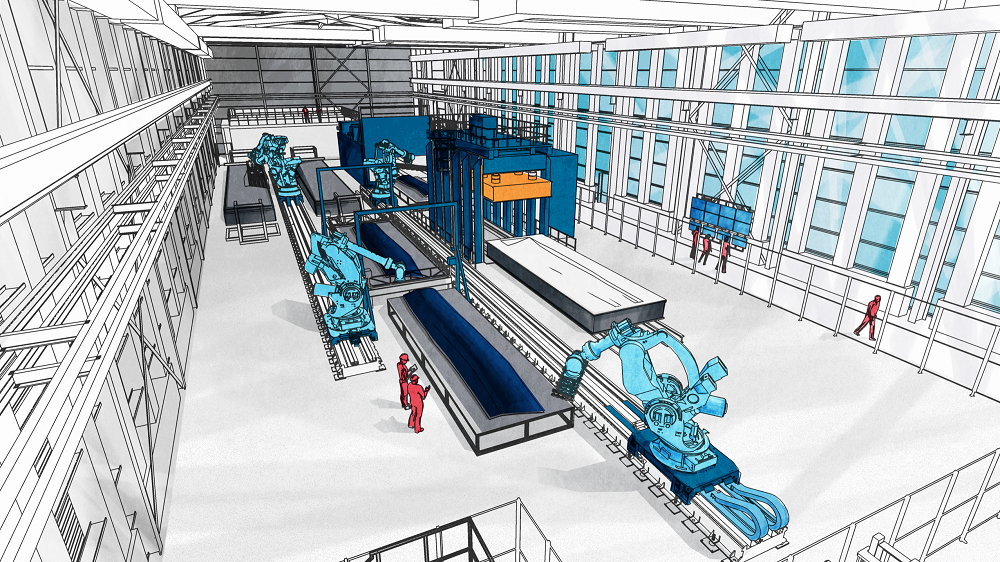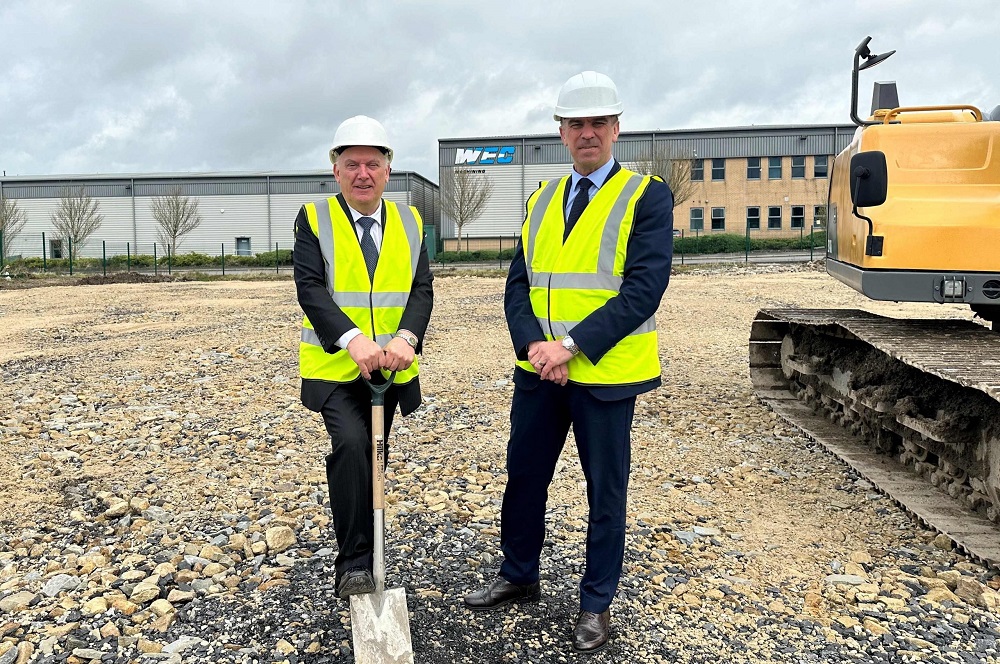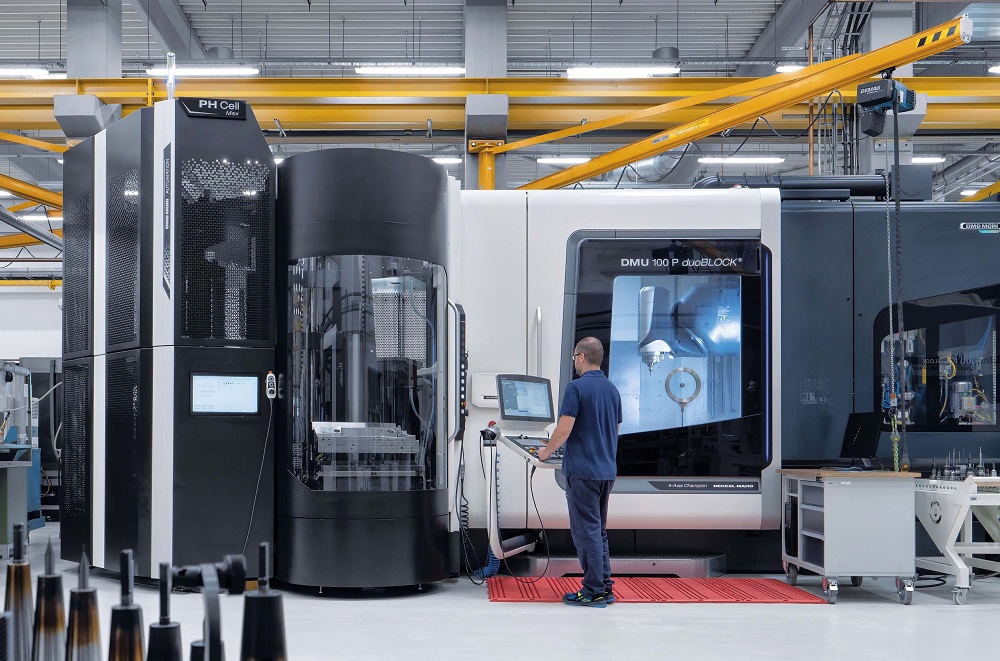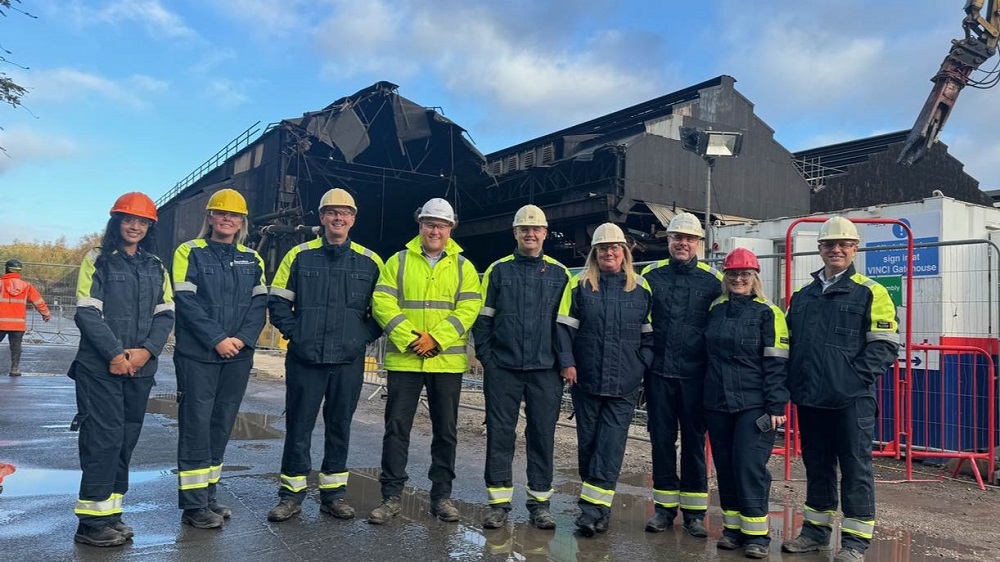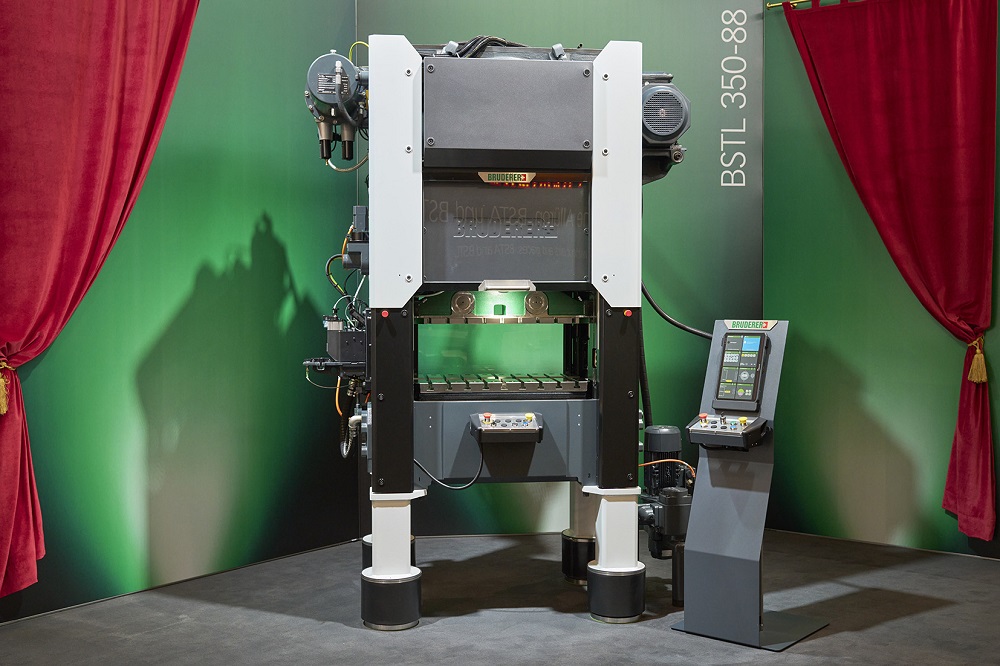Based in Budapest, Euroform provides an injection mould-making service from design to
production. The firm currently uses eight machining centres from DMG Mori for tool
production, including DMU monoBLOCKs, an HSC 75 linear and, most recently, a DMU 100 P
duoBLOCK. The latter features a PH Cell 2000 automation system for pallet handling to allow
unattended production at night and during the weekends.
The five-axis simultaneous machining of workpieces up to 1100 mm in diameter by 1600
mm long and weighing 2200 kg has already taken place on a DMU 100 P duoBLOCK.
Euroform’s experience with the machining centre was consistently good, leading to the
purchase in 2022 of a latest-generation model with a 1000 × 1250 × 1000 mm working
envelope.
When Euroform ordered the new DMU 100 P duoBLOCK, DMG Mori already had a large
pallet handling system in development, based on the smaller PH Cell 300. The bigger
capacity automation system handles pallets measuring up to 1100 mm in diameter, so is
able to deploy Euroform’s 1000 × 800 mm pallets. The PH Cell 2000 has 12 pallet positions
on two levels and can accept workpieces up to 1350 mm tall.
As Euroform almost exclusively manufactures one-offs, pallet handling such as the PH Cell
2000 is the optimal solution. Operators set up jobs offline on several pallets using a zero-
point clamping system while machining is in progress on another mould, so production
downtime is minimal, even at night.
Another focus area that supports business development at Euroform is digitalisation. The
mould maker is an enthusiastic adopter of the digital ‘my DMG MORI’ app when it comes to
online service requests.
For further information www.dmgmori.com






